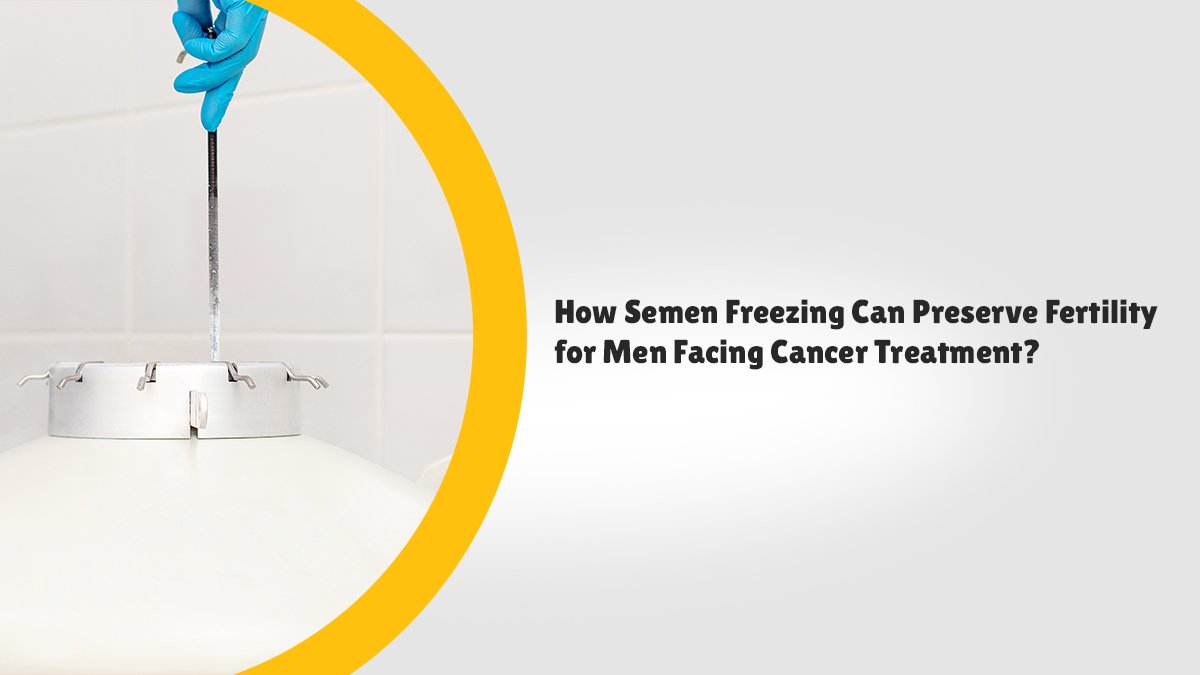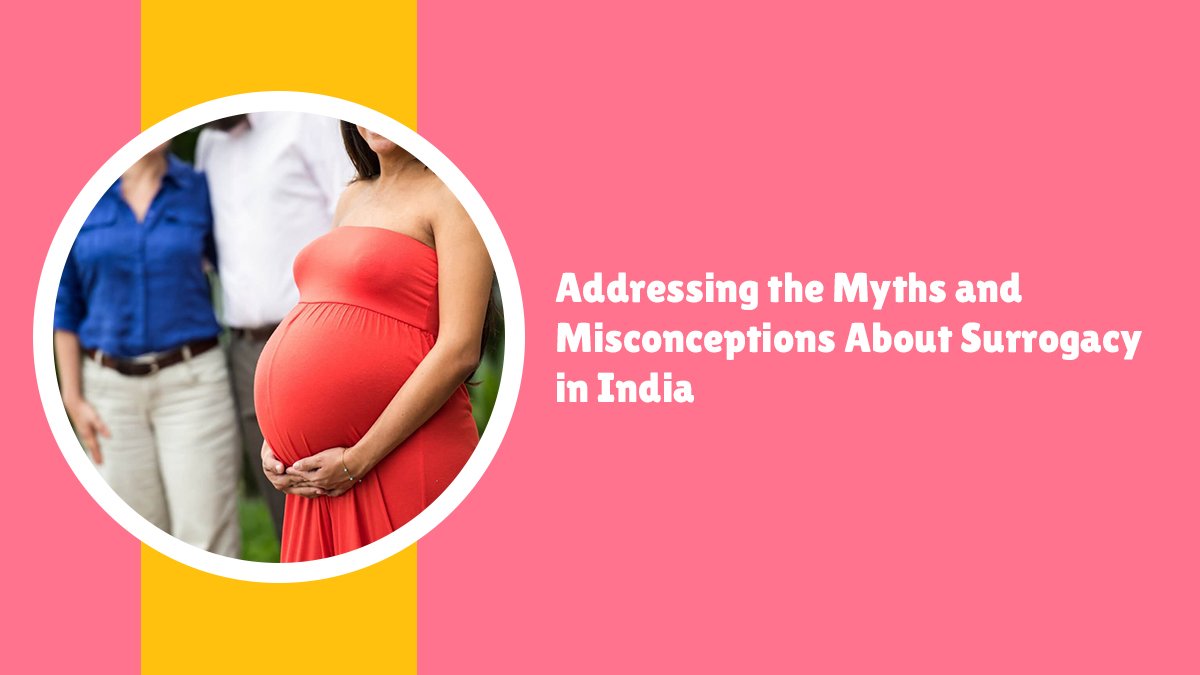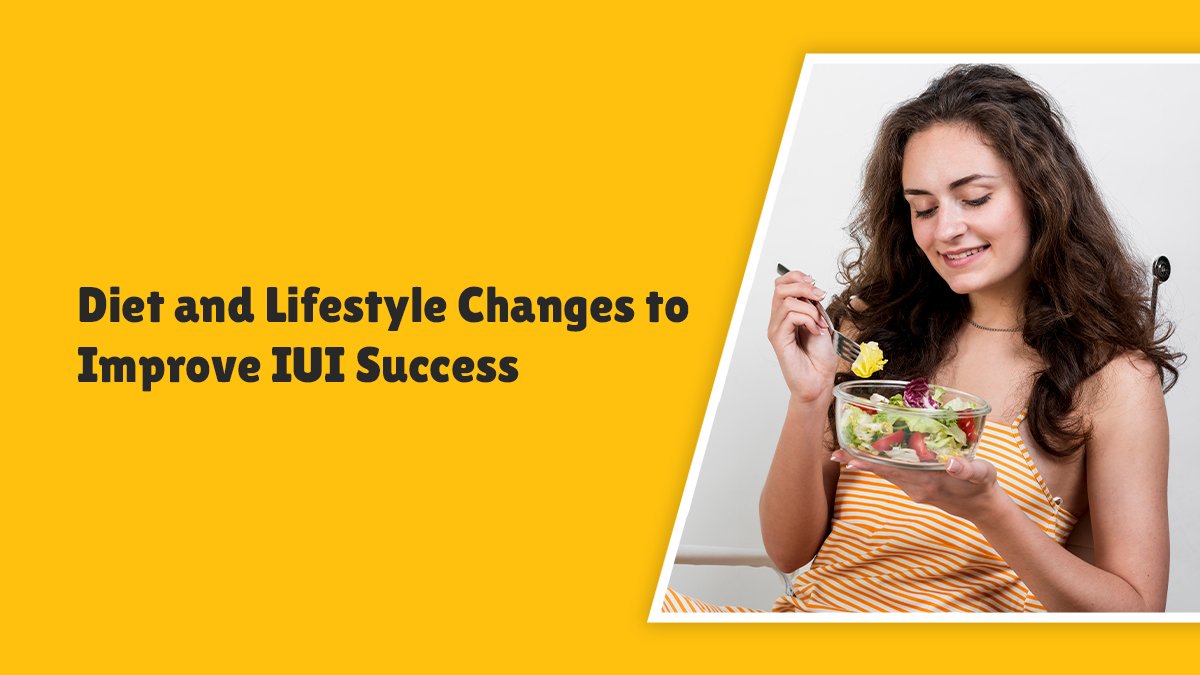Can a ketogenic diet improve fertility in women struggling with PCOS? Polycystic Ovary Syndrome (PCOS) is one of the leading causes of infertility among women, affecting nearly 1 in 10 worldwide. Characterized by hormonal imbalances, irregular menstrual cycles, and insulin resistance, PCOS often makes it difficult for women to conceive naturally. While medical interventions such as surrogacy treatment in Gurgaon offer hope to those facing severe infertility, many women can significantly improve their chances of conception by making lifestyle changes. One such promising approach is the ketogenic diet, which has been shown to regulate hormones, improve ovulation, and boost overall reproductive health.
Understanding PCOS and Its Impact on Fertility
PCOS disrupts normal ovarian function due to excess androgens (male hormones), leading to symptoms such as:
- Irregular or absent menstrual cycles.
- Weight gain, especially around the abdomen.
- Insulin resistance, which increases the risk of type 2 diabetes.
- Difficulty conceiving due to anovulation (lack of egg release).
With limited treatment options, many women turn to fertility specialists or consider assisted reproductive techniques such as IVF and surrogacy. However, before opting for medical interventions, dietary changes like adopting a ketogenic lifestyle can significantly enhance natural fertility.
How Does the Ketogenic Diet Support Fertility in PCOS Patients?
The ketogenic diet is a high-fat, moderate-protein, and low-carbohydrate eating plan that shifts the body into a metabolic state called ketosis, where fat is used as the primary energy source instead of glucose. This dietary approach can be particularly beneficial for women with PCOS due to the following reasons:
Improved Insulin Sensitivity
Insulin resistance is a hallmark of PCOS, contributing to weight gain and hormonal imbalances. The ketogenic diet lowers carbohydrate intake, reducing insulin levels and helping the body process glucose more efficiently. Studies have shown that women with PCOS who follow a low-carb diet experience more regular ovulation and improved fertility.
Hormonal Balance
Excess insulin triggers the ovaries to produce more androgens (such as testosterone), which disrupt ovulation and cause symptoms like acne and hair growth. By stabilizing insulin, the ketogenic diet helps restore normal hormone levels, leading to a healthier menstrual cycle.
Weight Management and Fat Loss
Many women with PCOS struggle with obesity, which further aggravates fertility issues. The ketogenic diet promotes fat loss, particularly around the abdomen, where insulin resistance tends to accumulate. Losing just 5-10% of body weight can significantly improve reproductive function.
Reduced Inflammation
PCOS is often associated with chronic inflammation, which affects egg quality and implantation. The ketogenic diet, rich in anti-inflammatory foods like healthy fats and low-carb vegetables, helps reduce inflammation and enhances overall reproductive health.
Keto Diet Guidelines for PCOS Patients
If you’re considering a ketogenic diet to improve fertility, it’s important to follow a well-balanced plan:
Foods to Eat:
- Healthy fats: Avocados, olive oil, nuts, and seeds.
- Protein: Eggs, poultry, fish, and lean meats.
- Low-carb vegetables: Leafy greens, cauliflower, zucchini, and bell peppers.
- Dairy: Full-fat yoghurt and cheese in moderation.
Foods to Avoid:
- Refined carbohydrates: Bread, pasta, rice, and sugary foods.
- Processed foods: Junk food, fast food, and artificial sweeteners.
- High-carb fruits: Bananas, apples, and grapes.
A well-structured ketogenic diet, combined with regular exercise and stress management, can significantly boost fertility in women with PCOS.
When to Consider Assisted Reproductive Treatments Like Surrogacy?
For women with severe PCOS-related infertility, dietary changes may not always be enough. In such cases, assisted reproductive technologies (ART) such as IVF and surrogacy treatment in Gurgaon provide viable solutions.
Surrogacy is a suitable option for women who:
- Have a history of multiple IVF failures.
- Face complications like endometrial issues or recurrent miscarriages.
- Cannot carry a pregnancy due to severe PCOS or other medical conditions.
By working with a reputable surrogacy clinic in Gurgaon, women can receive expert guidance from leading surrogacy providers to navigate this complex but rewarding process.
Choosing the Right Fertility Clinic
Whether opting for lifestyle changes, IVF, or surrogacy, choosing the right fertility clinic is essential. A top-tier fertility clinic should offer:
- Comprehensive diagnosis and treatment plans tailored to PCOS patients.
- Advanced reproductive technologies to enhance conception success.
- Ethical surrogacy programs with transparent procedures and legal support.
- Financial assistance options for affordability.
By selecting a trusted fertility center, women struggling with PCOS can receive the best care and increase their chances of a successful pregnancy.
Conclusion
The ketogenic diet has emerged as a promising natural approach to improving fertility in women with PCOS by addressing insulin resistance, balancing hormones, and promoting weight loss. While dietary and lifestyle changes can greatly enhance reproductive health, some women may still require surrogacy treatment in Gurgaon or other fertility interventions.
Dr. Sonu Taxak, a fertility specialist at Yellow IVF, provides expert guidance and advanced treatment options to help women overcome PCOS-related infertility and achieve their dream of motherhood.




